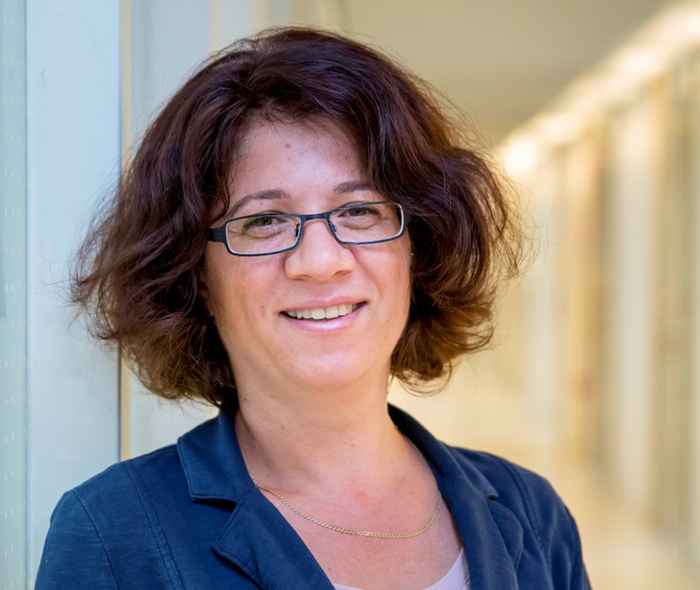Stefania Grecea receives funding for feasibility study on sustainable nanoparticle synthesis
20 December 2023

Nanomedicine is used worldwide to improve the treatments of various diseases, employing nanoparticles for drug delivery, medical imaging, and disease diagnosis. Because of their similarity in size, nanoparticles can easily interact with cell membranes, receptors, proteins, and nucleic acids . As such they offer significant opportunities for various medical treatments. At the same time they can be toxic because of their ability to penetrate biomembranes and interfere with cell metabolism.
Research has shown that the use of so-called core-shell hybrid inorganic-organic nanoparticles offers many advantages in nanomedicine, including decreased cytotoxicity, increased bio- and cyto-compatibility, better conjugation with other bioactive molecules, and improved chemical stability. However, their translation to the clinic is hampered amongst others by the structural and physicochemical complexity of their formulation. In addition, their challenging multi-step synthesis can introduce contaminations which complicates toxicity studies and significantly affects their reliability.
Simple and contaminant-free
In the Grecea research group a novel method for the synthesis of core-shell hybrid inorganic-organic nanoparticles has been developed that overcomes the limitations of current multi-step procedures. For this simple and contaminant-free synthesis method already at lab scale a proof-of-concept has been obtained. This has led to the creation of a spin-off company, Nano Hybrids, which Grecea co-founded with her former postdoc Olivier Lugier. Nano Hybrids was recently awarded an Amsterdam Science and Innovation Grant. The NWO Take-off grant will now enable Grecea and Lugier to demonstrate the relevance of the novel core-shell nanoparticle synthesis for biomedical applications, including a comparison with similar materials obtained using conventional methods. Combined with a thorough market analysis, this will determine the market sector for their applicability in nanomedicine.